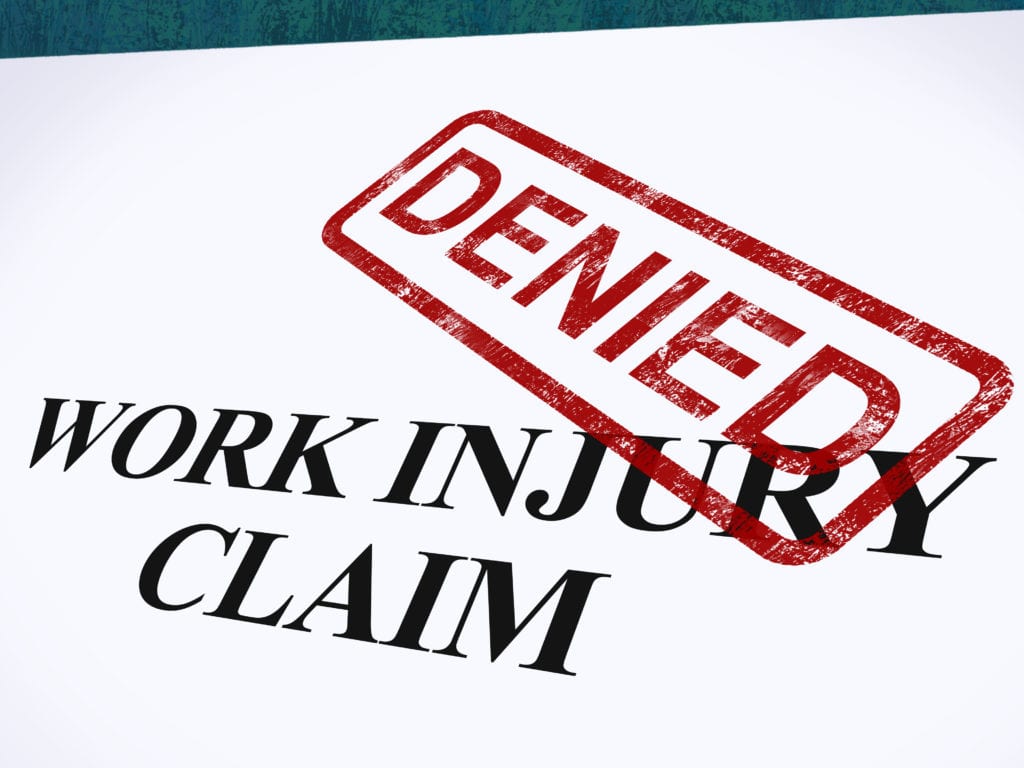Brian J Graber LLC is an Indiana retaliatory discharge lawyer representing employees fired in retaliation for exercising their rights to worker’s compensation benefits. Indiana employees have other protections from wrongful termination. Click here to learn about other protections Indiana employees have from wrongful terminations. Generally, in Indiana, an employer can terminate an at-will employee for any cause or no cause without incurring liability. See Walt’s Drive-A-Way Service v. Powell, 638 N.E.2d 857, 858 (Ind. Ct. App. 1994). However, in Indiana, an employer’s right to terminate an at-will employee is not absolute.
Since 1973, the Indiana Supreme Court has held that Indiana at-will employees fired in retaliation for filing a worker’s compensation claim for work-related injury have a common law tort claim of retaliatory discharge stating as follows:
. . . we hold that an employee who alleges he or she was retaliatorily discharged for filing a claim pursuant to the Indiana Workmen’s Compensation Act . . . or the Indiana Workmen’s Occupational Diseases Act . . . has stated a claim upon which relief can be granted. We further hold that such discharge would constitute an intentional, wrongful act on the part of the employer for which the injured employee is entitled to be fully compensated in damages.
Frampton v. Central Ind. Gas Co., 260 Ind. 249, 253 (Ind. 1973).
It is now well settled in Indiana that a cause of action for retaliatory discharge exists when an employee is discharged for exercising a statutorily conferred right, such as filing a worker’s compensation claim. Best Formed Plastics v. Shoun, 51 N.E. 3d 345,351 (Ind. Ct. App. 2016). Therefore, filing a claim for worker’s compensation benefits is clearly protected activity in Indiana that will support a claim for retaliatory discharge.
In Stivers v. Stevens, 581 N.E. 2d 1254, 1254 (Ind. Ct. App. 1991) an employee was terminated immediately after she told her employer that she intended to file a worker’s compensation claim. The court in Stivers, 581 N.E. 2d at 1254, found that discharging an employee merely for suggesting she might file a claim has a stronger deleterious effect on an important statutory right. Therefore, an employee engages in protected activity in Indiana by informing his or her employer of their intent to file a worker’s compensation claim for a work-related injury.

Retaliatory Discharge Burden of Proof
In Best Formed Plastics, LLC v. Shoun, 51 N.E. 3d 345, 351 (Ind. Ct. App. 2016) the court held that Indiana follows a three-step approach to a retaliatory discharge claim as follows:
- The employee must prove, by a preponderance of the evidence, a prima facie case, specifically, the employee must present evidence that directly or indirectly implies the necessary inference of causation between filing a worker’s compensation claim and the termination.
- Next the burden shifts to the employer to articulate a legitimate non-retaliatory reason for the discharge.
- If the employer carries its burden, the employee then has the opportunity to prove that the reason cited by the employer is a pretext.
In Powdertech v. Joganic, 776 N.E. 2d 1251, 1262 (Ind. Ct. App. 2002) the court held an employee may establish a pretext by showing that the employer’s reasons for the discharge are:
- factually baseless;
- not the actual motivation for the discharge; or
- insufficient to motivate the discharge.
Damages
Damages for retaliatory discharge may include compensatory and punitive damages, including back pay and future pay. See Best Formed Plastics, LLC v. Shoun, 51 N.E. 3d at 353.
If you believe you may have an Indiana retaliatory discharge – work injury claim for filing a worker’s compensation claim, contact Brian J Graber LLC, an Indiana retaliatory discharge lawyer for a free confidential consultation at (574) 395-5189 or by email. Click here to learn more about your rights as an Indiana employee to be free from wrongful terminations in violation of Indiana or federal law.
Other Federal Retaliatory Discharge Claims
Indiana employees may have protection from retaliatory discharge under several federal laws. Click here, to learn more about your federal rights to be free from retaliatory discharge. Some federal retaliatory discharge claims or whistleblower protection statutes provide broader protections than Indiana common law retaliatory discharge claims. However, several of these federal retaliatory discharge claims or whistleblower protection statutes have short statutes of limitation as little as 30 days. BRIAN J GRABER LLC is an Indiana retaliatory discharge lawyer representing Indiana employees retaliated against in violation of Indiana and federal law. BRIAN J GRABER LLC represents Indiana employees retaliated against in violation of the following federal retaliatory discharge laws or whistleblower protection statutes:
- Truck Driver Whistleblower Law
- Railroad Whistleblower Law
- Food Safety Whistleblower Law
- Aviation Whistleblower Law – AIR21
- Maritime Whistleblower Law
- Pipeline Whistleblower Law
- False Claims Act – Retaliation Claims
- Federal Wage & Hour Retaliation Claims
- FMLA Interference and Retaliation Protections
- Public Employee Federal Civil Rights Protections
- USERRA Anti-discrimination and retaliation protections
- Federal Sexual Harassment Protections
- Federal Employment Discrimination and Retaliation Protections
- Federal Environmental Whistleblower Protections
- Federal Nuclear Whistleblower Protections
- Federal Pregnancy Discrimination and Retaliation Protections
Contact BRIAN J GRABER LLC, an Indiana retaliatory discharge lawyer as soon as possible if you believe you may have been terminated in retaliation for engaging in protected activity under Indiana common law retaliatory discharge or in retaliation of any federal whistleblower protection law at (574) 395-5189 or by email for a free confidential consultation.
